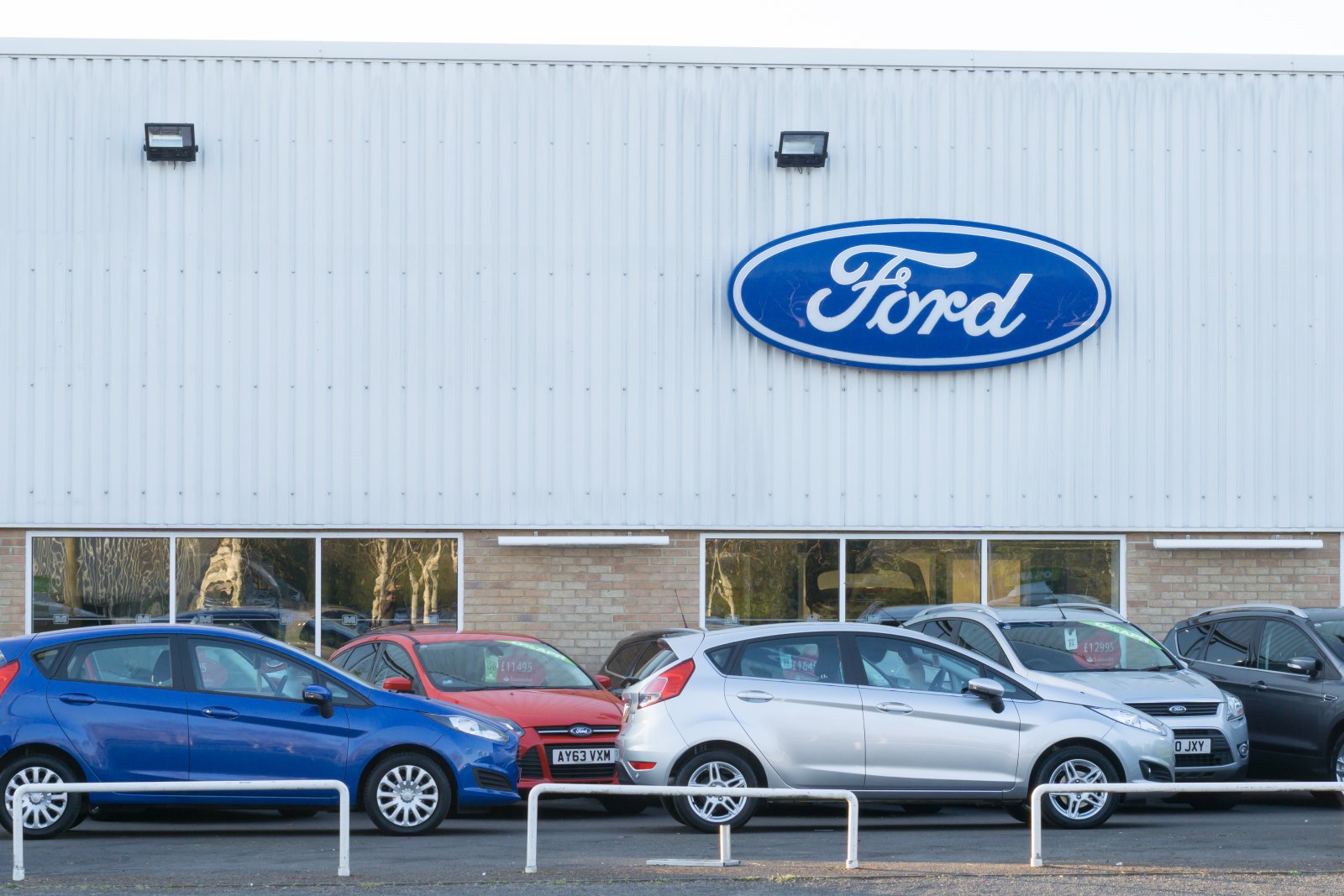Ford Motor Company, the iconic automaker, has announced a significant shift in its corporate policies, ditching its Diversity, Equity, and Inclusion (DEI) initiatives and dropping its LGBTQ+ Corporate Equality Index rating.
A Surprise Move

Ford’s decision to roll back its DEI initiatives has caught many by surprise. Known for its progressive stances in recent years, the company’s pivot is seen by some as a response to mounting pressures from certain political groups. Critics argue that Ford is caving to a vocal minority, while supporters see it as a necessary step to refocus on core business values.
Scaling Back DEI Initiatives

The move to scale back DEI initiatives isn’t just symbolic—it’s a substantial policy shift. Ford has disbanded some of its internal DEI committees and reduced funding for programs aimed at promoting workplace diversity. The company’s leadership has framed this as a way to streamline operations and focus on profitability, but the broader implications are hard to ignore.
Dropping the LGBTQ+ Index

One of the most controversial aspects of Ford’s decision is its exit from the Human Rights Campaign’s LGBTQ+ Corporate Equality Index. Ford has historically scored highly on this index, which measures companies’ support for LGBTQ+ employees. By opting out, Ford sends a signal that it no longer prioritizes this recognition, raising concerns among LGBTQ+ employees and advocates.
What’s Behind Ford’s Decision?

So why is Ford pulling back on DEI? Analysts point to a broader backlash against so-called “woke capitalism.” In recent months, companies that have embraced progressive social policies have faced criticism and boycotts from conservative groups. Ford’s move may be an attempt to distance itself from these controversies and avoid becoming a target.
Industry Trends

Ford isn’t alone in this shift. Harley-Davidson recently made headlines for similar cutbacks to its DEI programs. These moves reflect a broader trend within corporate America, where companies are re-evaluating the role of social issues in their business models. This trend raises important questions about the future of corporate social responsibility.
The Backlash Begins

Unsurprisingly, Ford’s decision has sparked backlash from advocacy groups and employees. With groups condemning Ford’s move, calling it a “step backward” for corporate inclusivity. On social media, the response has been swift and vocal, with many criticizing Ford for abandoning its commitment to diversity and inclusion.
Employee Concerns

For many Ford employees, this shift is deeply concerning. DEI initiatives have been instrumental in creating a more inclusive and supportive workplace. By scaling back these efforts, Ford risks alienating a significant portion of its workforce, particularly those who have benefited from DEI programs.
The Business Case for DEI

Proponents of DEI argue that diversity isn’t just a moral issue—it’s good for business. Studies have shown that diverse teams are more innovative and better at problem-solving. By scaling back its DEI initiatives, Ford may be sacrificing long-term gains for short-term political appeasement.
A Reversal on Progress

Ford’s decision marks a reversal on years of progress in corporate inclusivity. The company has been a leader in supporting LGBTQ+ rights and promoting diversity. This about-face raises questions about the sustainability of DEI initiatives in the face of political and social pressures.
The Future of Corporate DEI

Ford’s move could set a precedent for other companies grappling with similar pressures. If more corporations follow suit, the progress made in promoting workplace diversity could be at risk. This trend could have far-reaching implications for employees, consumers, and society at large.
Consumer Reactions

Consumers are taking note of Ford’s decision, and it could impact the company’s brand reputation. In an era where consumers increasingly expect companies to take a stand on social issues, Ford’s retreat from DEI could lead to a backlash from socially conscious buyers.
Shareholder Concerns

Ford’s decision also raises concerns among shareholders. Companies with strong DEI policies are often seen as better investments due to their resilience and adaptability. By scaling back DEI, Ford may be signaling a shift away from these values, potentially impacting investor confidence.
What’s Next for Ford?

As Ford moves forward, it will need to navigate the fallout from this decision carefully. Balancing the need to address political pressures with the importance of maintaining a positive workplace culture will be crucial. Ford’s leadership faces a challenging road ahead in managing the company’s reputation and ensuring continued success.
A Call for Accountability

In light of Ford’s decision, there is a growing call for greater accountability in corporate governance. Companies are being urged to commit to transparency in their DEI efforts and to resist pressures that undermine inclusivity. The future of corporate responsibility may depend on how businesses like Ford respond to these challenges.
Millennials Are Over It: 25 Reasons Woke Culture Is Losing Its Charm

Has the push for progress tipped too far into preachiness? Here’s why many Millennials might think so. Millennials Are Over It: 25 Reasons Woke Culture Is Losing Its Charm
Is It Time Boomers Paid the Price for America’s Economic Inequality?

The American Dream feels more elusive than ever, especially for younger generations. What was once achievable through hard work now faces significant hurdles, from skyrocketing college costs to the challenging pursuit of homeownership. Here’s a look at why it’s tougher for Millennials and Gen Z compared to Baby Boomers. Is It Time Boomers Paid the Price for America’s Economic Inequality?
Rent Crash in California: Landlords Scramble as Prices Take a Hit

California’s rental market is taking a nosedive, with major cities seeing huge drops in rent prices. Rent Crash in California: Landlords Scramble as Prices Take a Hit
Featured Image Credit: Shutterstock / TonyV3112.
The content of this article is for informational purposes only and does not constitute or replace professional advice.
The images used are for illustrative purposes only and may not represent the actual people or places mentioned in the article.
For transparency, this content was partly developed with AI assistance and carefully curated by an experienced editor to be informative and ensure accuracy.




